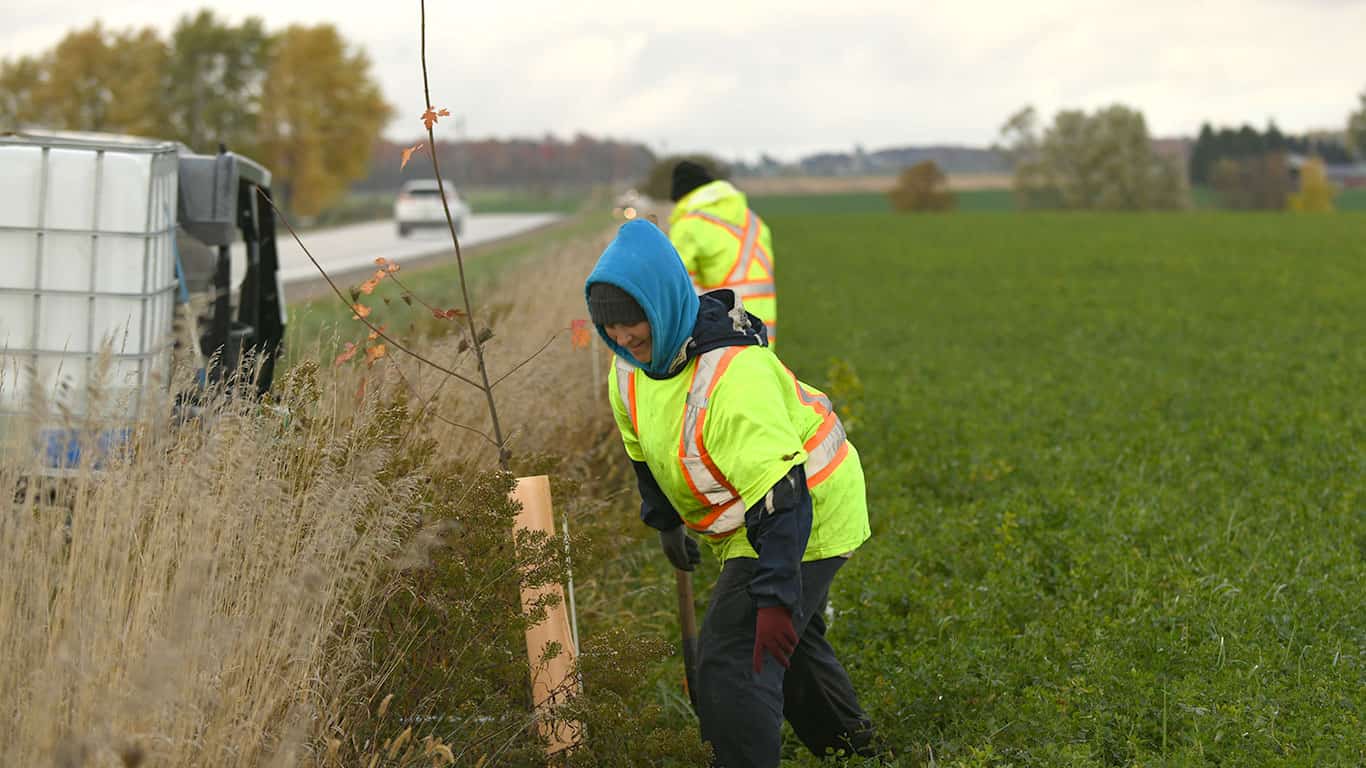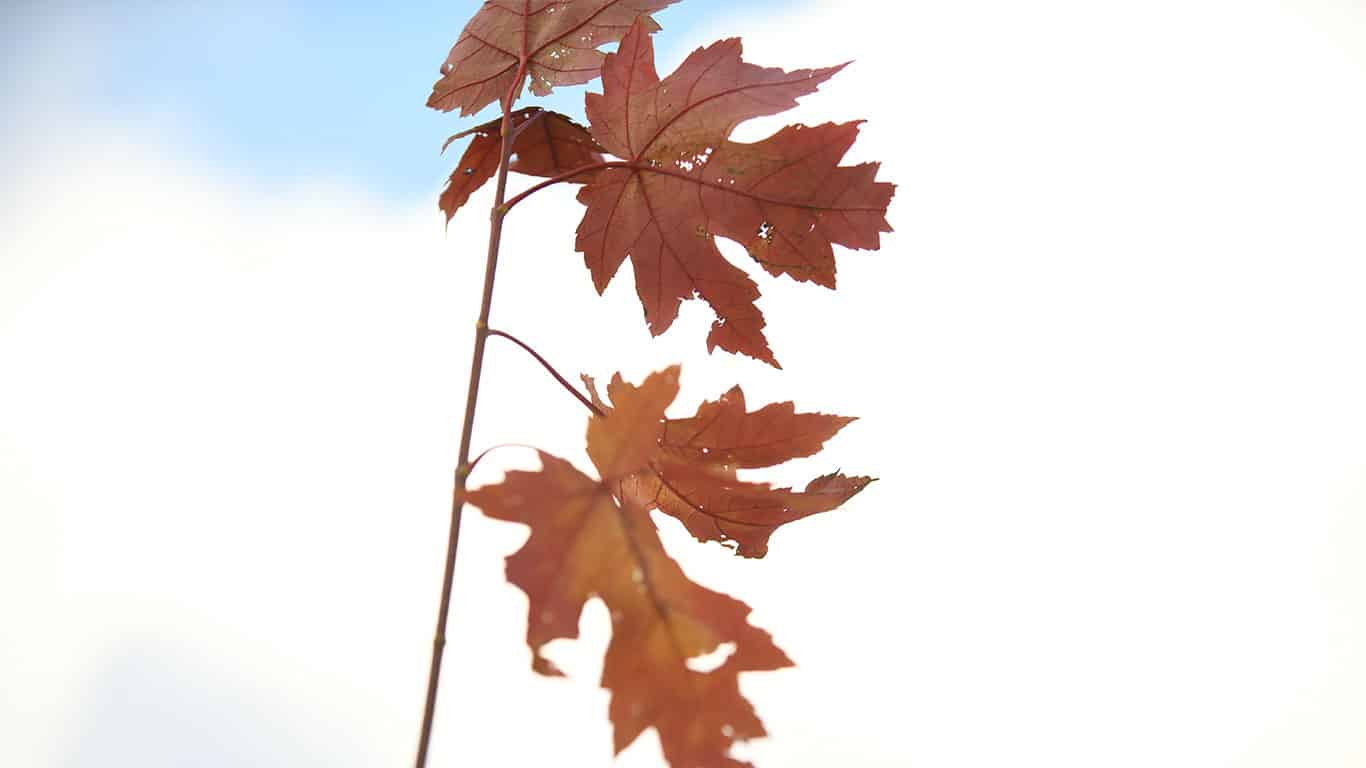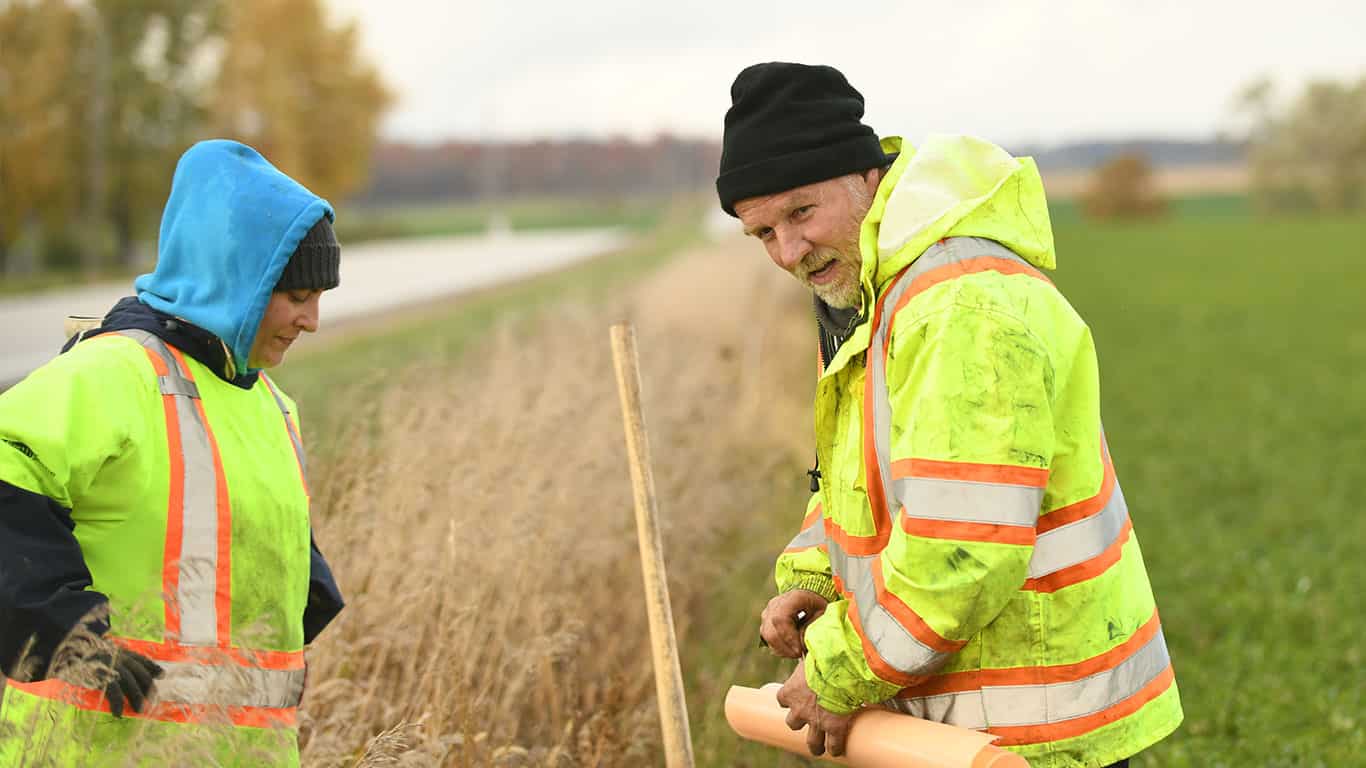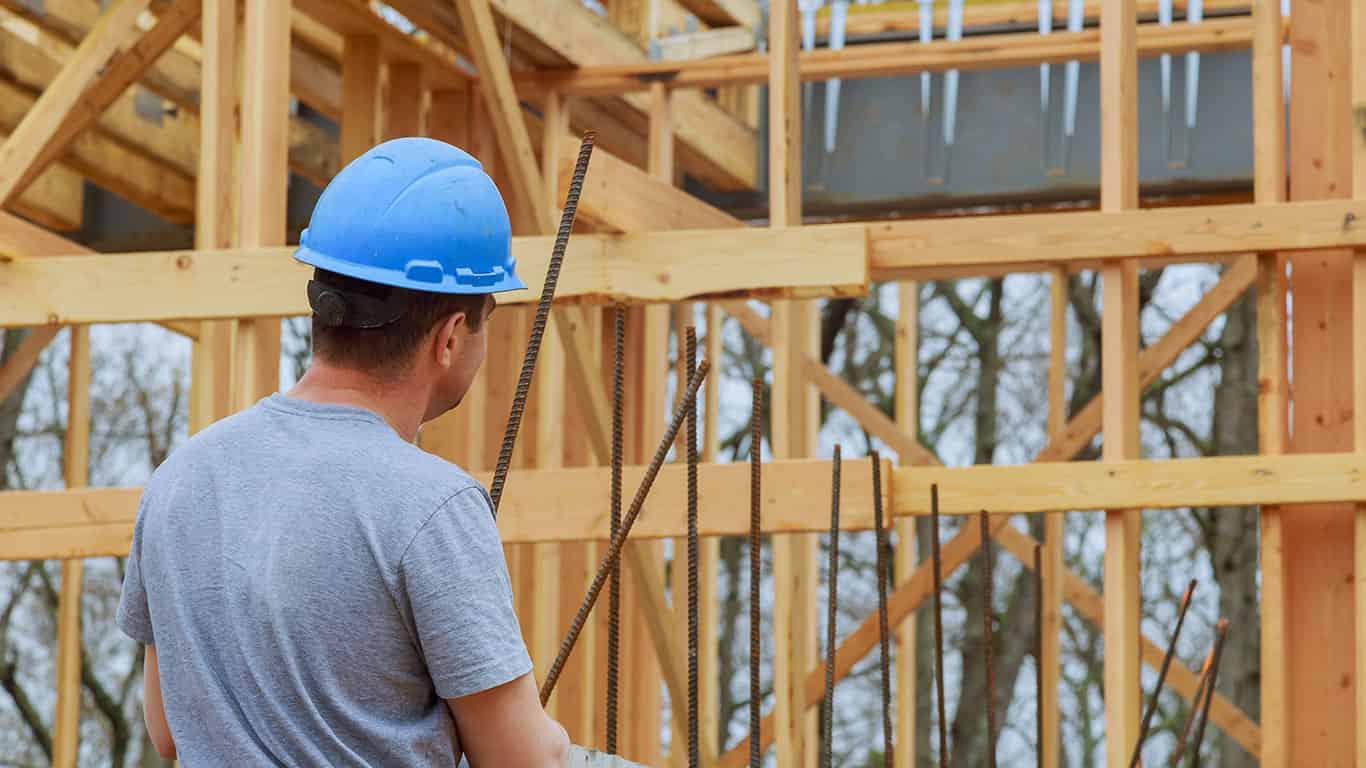Volunteers with Trees for Woolwich are planning another ambitious tree-planting project.
The goal is to plant some 21,500 trees along 335 kilometres of township and regional roads in Woolwich by 2032. The project seeks to replace the mature trees lining township roads that are now aging out.
Those old trees were planted as part of multiple government initiatives in the late 1800s. Farmers were given financial incentives to plant trees. Ownership of the trees was often shared between government and farmers, and fines were in place to protect the trees from being cut down or injured.
Woolwich has committed to increasing tree cover, but the township land left to plant trees on is almost full.
So, Trees for Woolwich volunteers decided to tackle the roadsides, and continue work that began in 2006 with plantings along Lundy Road and other nearby roads. This past season, the group completed a pilot project with plantings along Lerch, Kramp and Floradale roads.
The trees are relatively smaller, which makes them less expensive to purchase, but they do require care. Installation and care is being organized through Trees for Woolwich and Earthscape Landscape company.

Earthscape’s Mark Schwarz says that although the trees will be planted on township property, not all landowners along the way will necessarily be on board with the project.
Many farmers do not like the idea of planting trees along the roadways near their properties, says Dennis Martin, a retired dairy farmer who volunteers with Trees for Woolwich. There are worries that the trees will shade out crops planted near property lines, for instance.
Martin has spent many years convincing other farmers to plant and care for more trees along the roadways.
“There are some farmers more than happy to accommodate, but I’d say they’re the minority,” he said.
Martin said he can see both sides, and that farmers do have legitimate reasons not to want trees along the road where their fields are. “I’m caught in the middle.”
Jeff Snyder is an owner and manager at Evergreen Liquid Plant Food between Bloomingdale and Maryhill. He says Trees for Woolwich planted about 30 or 40 trees along the property where his business is located.
“I usually like the idea of planting trees,” Snyder said.

Snyder said that he wasn’t too worried about the trees impacting crops because they were far enough in the ditch to not cause too much of a problem.
“I guess eventually they could get big enough, so they could affect a little bit right underneath them, but not that much,” he said.
Martin says farmers often don’t want the trees shading out their crops, or the extra maintenance that comes with having trees on the edge of their property, such as trimming branches. He says that some farmers, over the years, have worked their property right up to the edge of the road, infringing on township property.
“It’s often a battle over the property line,” he said. “Because with the price of land as high as it is, no one wants to give up too much of it.”
But there are reasons for farmers to welcome these trees, says Martin. For example, they protect against wind damage to fields, add aesthetic value to the property, help crowd out invasive species and create healthy native habitat.
For the township, Trees for Woolwich volunteers say that trees help keep roads in better condition, and help against soil erosion on the road’s edge, among other benefits.
Schwarz and Trees for Woolwich chair Inga Rinne estimate the project will cost about $51 per tree, including purchasing the tree and protective materials along with labour for installation and watering, for a total of approximately $1.1 million over the duration of the project, or about $110,400 per year. According to the group’s proposal report, an initial corporate seed donation of $18,500 per year has been secured.
“The upfront costs are obvious, but the long-term benefits are not as calculable. But they are there,” Martin said. “It’s a long-term thing. How do we want our township to look?”









